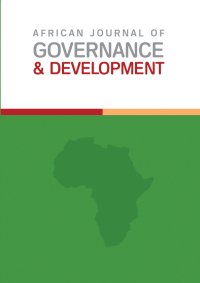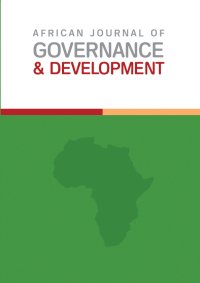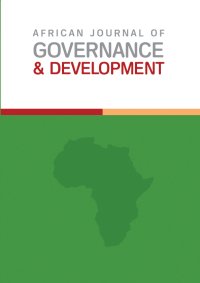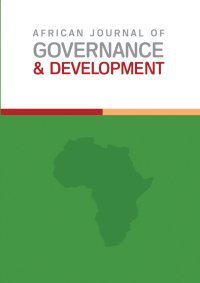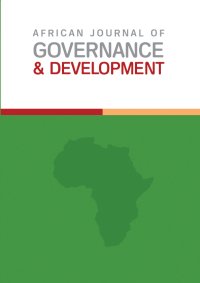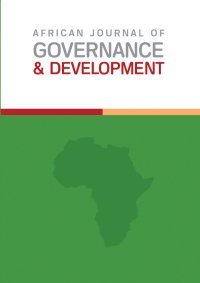Despite the numerous structural problems that plague the African continent, many governments in Africa continue to show a commitment to poverty eradication. The ever-growing rural-urban
migration and related challenges have contributed to a renewed focus on rural areas where the
majority of the poor reside. The decentralisation of government services has created immense
gains in many places across Africa where the governance structure has morphed into a transfer
of authority and resources from central to subnational governments. Sadly, these small gains are sometimes overshadowed by persistent ethnicity and sentiments of ethno-nationalism, conflicts
and separatism. This is particularly evident where federalism rather than decentralisation has taken root, as in the case of Nigeria and Ethiopia. In this issue of the African Journal of Governance and Development, we showcase attempts to fight poverty in Ghana and the commitment to bring higher education services to rural Rwanda. We also reflect on the genesis and impact outcomes of federalism in Ethiopia and Nigeria. Lastly, we reflect on fiscal policy and governance on the Continent and, specifically, their effect on human development in the Common Market for Eastern and Southern Africa (COMESA)
Published: 2019-07-01

